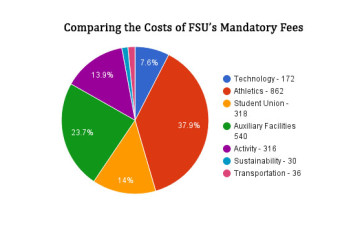The Coronavirus: What Do We Know?
The term “Coronavirus” actually refers to a large family of viruses that can cause illnesses ranging from a common cold to a life-threatening disease. The strand of this virus that has recently taken the world by storm has been officially labeled “COVID-19” by the World Health Organization. This form of the coronavirus has never been encountered by mankind before. The illness can be shared between humans and animals, having thought to have been received from animals initially, particularly in the form of seafood. Although the epicenter of this disease outbreak was in China, there have now been several confirmed cases all over the globe. Countries such as the United States, United Kingdom, Sweden, Spain, Russia, South Korea, and so many more have had individuals succumb to this illness.
Just this past weekend, it was confirmed that the Coronavirus has taken life for the first time in Europe. This was the first time the virus claimed a life from outside the continent of Asia. As this news came to light, so many questions about this horrible and puzzling disease remain. The man who passed away was an 80-year-old Chinese tourist in France. The total death toll from this disease sits at just below 2,000, with there being around 69,000 cases total so far.
The first-ever case of Coronavirus was detected in Wuhan City, Hubei Province, China. The illness began to catch international attention towards the end of 2019, sparking concern across the globe. The Center for Disease Control reports the disease may be spread from one individual to another before the initial carrier even notices any symptoms. This frightening piece of information coupled with the fact that it is a life-threatening illness has undoubtedly wreaked some havoc. Chinese citizens are outraged with how their government has attempted to combat Coronavirus. Transportation in and out of major Chinese cities, such as Wuhan, has been shut down for weeks. Acquiring placement in a hospital in these areas has become nearly impossible for those suffering, and quarantined shelters that seemingly popped up overnight are no less crowded or riddled with their pitfalls. Towards the end of January, the World Health Organization declared this illness a global emergency. As some countries battle with the task of keeping the sickness at bay, many others are struggling to find the resources to aid those already in need. Lack of medicinal resources and government action is the leading cause of citizen outrage in China.
The Center for Disease Control recommends people frequently clean and disinfect objects and surfaces that are made contact with most often, avoiding close contact with those who exhibit signs of illness, washing hands frequently, and staying home when symptoms of sickness appear. There is currently no antiviral treatment available for the 2019n-CoV infection. The CDC hence asserts the importance of receiving supportive care to alleviate symptoms when possible and treatment that supports vital organ functions in more severe cases.



